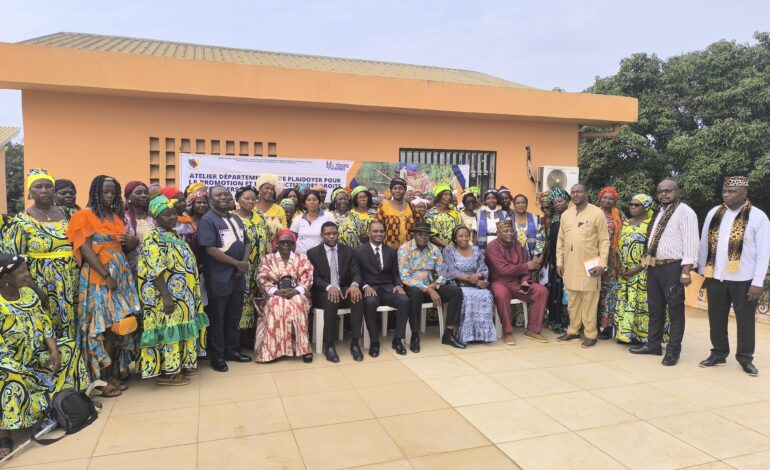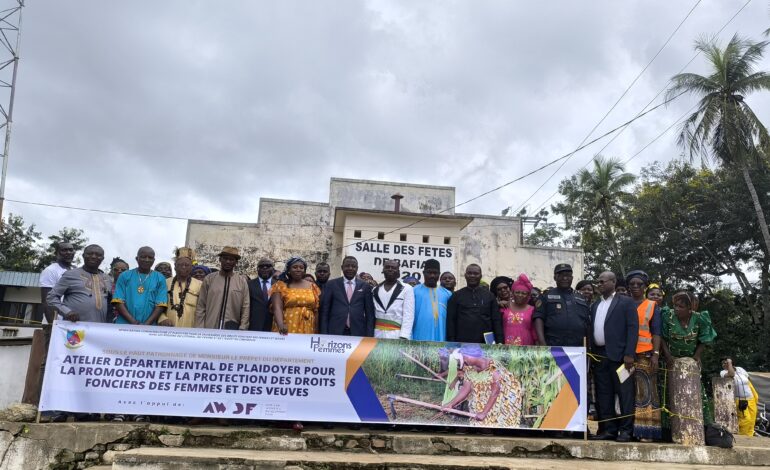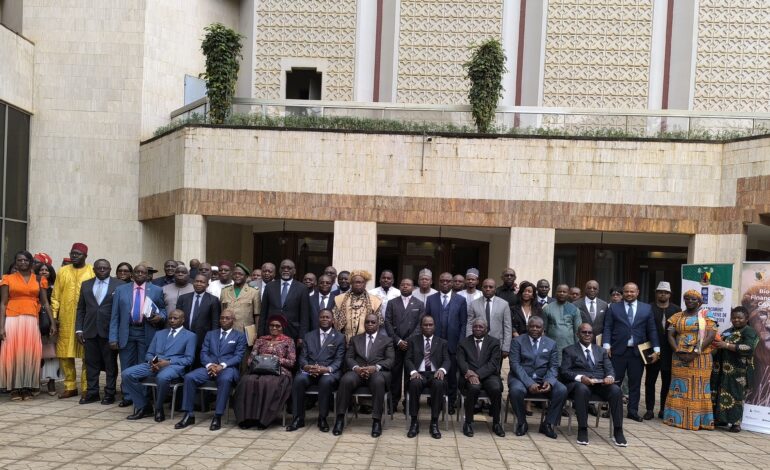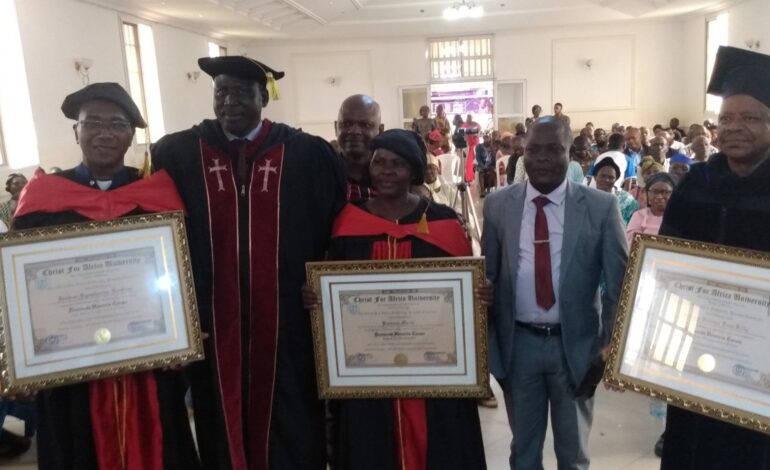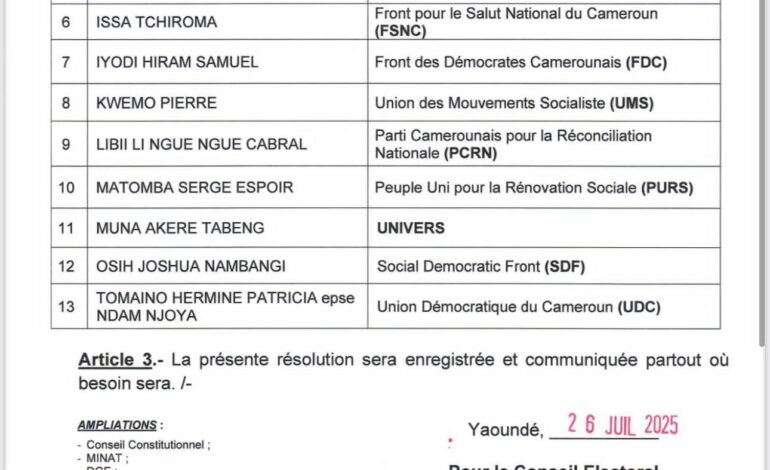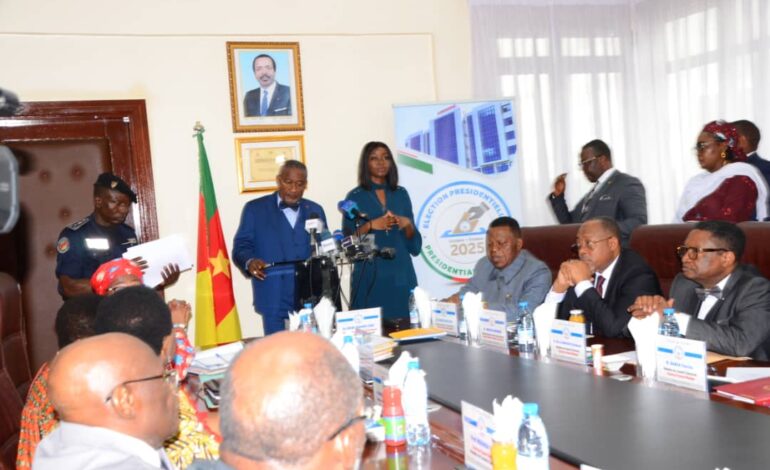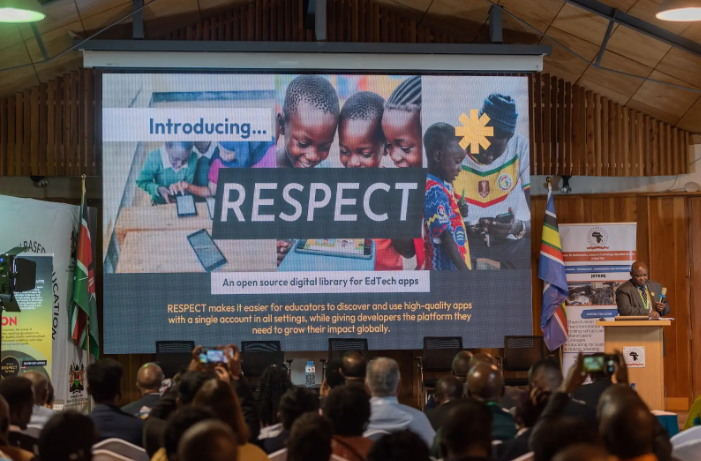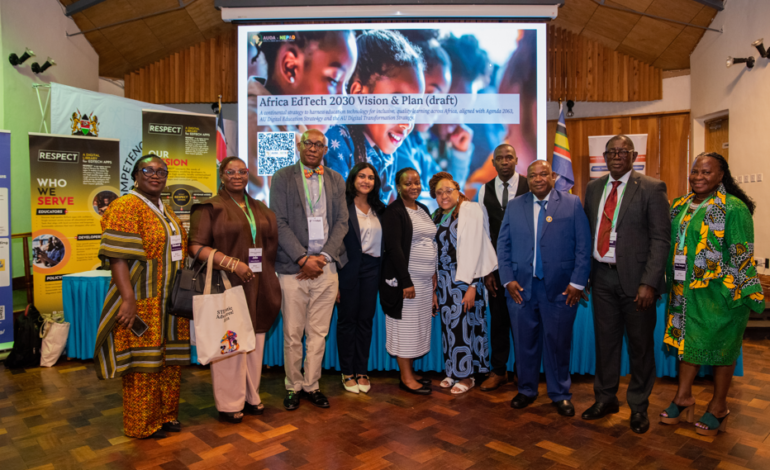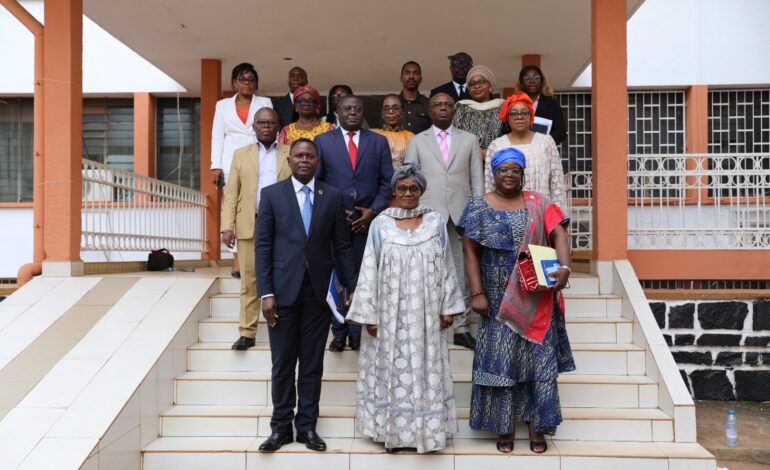Enhancing Women’s Access to Land in Cameroon: “Horizons Femmes” Intensifies Campaigns
Non-Governmental Organization, “Horizons Femmes” has launched divisional workshops in some regions of the country as the project dubbed: “Women and land rights” unfolds. In Cameroon, women’s ownership of land remains a taboo subject. Several women mostly widows find themselves deprived of their land rights due to misogynistic customary laws. In order to address such challenges, non-governmental organization- “Horizons Femmes”, leading women’s issues in Cameroon has put in place a national scheme with the financial support of the African Women’s Development Fund (AWDF). The project dubbed: “Women and land rights” targets three main regions of the country notably: Center, Littoral and West, where for several years now, women were upskilled on their rights and the processes to undertake to claim their lands. For positive impacts on the field, series of regional meetings with administrative authorities, community leaders, traditional chiefs, civil society organizations, the media and women, were undertaken by “Horizons Femmes”. The launch of divisional workshops that enters within the framework of Phase II of the project aims at pushing forward ground discussions and advocacy actions. After the first divisional workshop launched on the 30th of July 2025 in the Mbam and Inoubou, the second took place on July 31, 2025 in the Lekie division of the Center region of Cameroon. In Monatele, chief town of the Lekie division, Center region, more than 50 rural women were mobilized for the workshop chaired by Yannick Mbia Monty, Representative of the Senior Divisional Officer alongside other authorities. Speaking during the workshop, the project manager and director of programs at “Horizons Femmes” praised the support of administrative authorities and community leaders who have played a key role in pushing forward the project. Mrs. Toche Carole said the success of the project relies on collective efforts and called for more combined actions and sensitization that will greatly impact on the field. Despite the strides recorded by the project as underscored by Mrs Toche Carole, women particularly widows still face significant challenges accessing and securing land tenure. The spokesperson of “Horizons Femmes” during this divisional workshop acknowledged the fact that, despite constitutional and legal provisions for gender equality, customary laws often undermine women’s land rights, mostly in rural areas, where they are frequently dependent on men for access to land. Reason why the project that entered phase II is out to strangle some of the hindrances to its full implementation. She decried the socio-cultural norms that still exists in several communities and which affect the perceptions of women’s roles and capabilities, impacting their access to and control over land. Carole Toche however advocated that national laws guaranteeing gender equality in land ownership are effectively implemented and enforced for the benefit of women who are victims of all types of marginalization. While presenting some key figures and success stories of the project, Armand Dicke, monitoring and evaluation officer at “Horizons Femmes” said thanks to the project thousands of women were trained on land rights’ issues. He also pointed the fact that, thanks to project, they were able to grant technical and financial support to over 300 women in need of land titles and more than a hundred are already in possession of their documents. During the workshop, some women who have benefited from trainings on land rights shared their experiences and thanked “Horizons Femmes” for its crucial role in helping women in land safeguarding. Laurence Ngono, on of the beneficiaries said the project has helped her regain confidence in her and today, thanks to the NGO “Horizons Femmes” she is one of the community leaders who move door to door to sensitize other women who still lack information on government’s provisions and about their rights on land ownership. Taking the floor for his keynote address, Yannick Mbia Monty, Representative of the Senior Divisional Officer of the Lekie said women are the pillars of the society and they have equal rights as men. Marginalization and discriminatory acts are not tolerated in the Lekie division. He said there is no room for discriminatory laws in the Lekie division as firm instructions were given by his hierarchy concerning a fixed amount for the registration of land issues. According to Mr. Mbia Monty, the Senior Divisional Officer of the Lekie has held series of talks with traditional chiefs and different stakeholders on the issue, paving the way to no marginalization and corruption. Mr. Mbia Monty also seized the occasion while exchanging with media practitioners to salute the numerous efforts undertaken so far by “Horizons Femmes” that has embraced a taboo societal issue which need to be resolved. Non-governmental organization “Horizons Femmes” created in 2003, is a Cameroonian-based organization that works for the education, training and socio-economic integration of vulnerable women. Elise Kenimbeni
Read More

